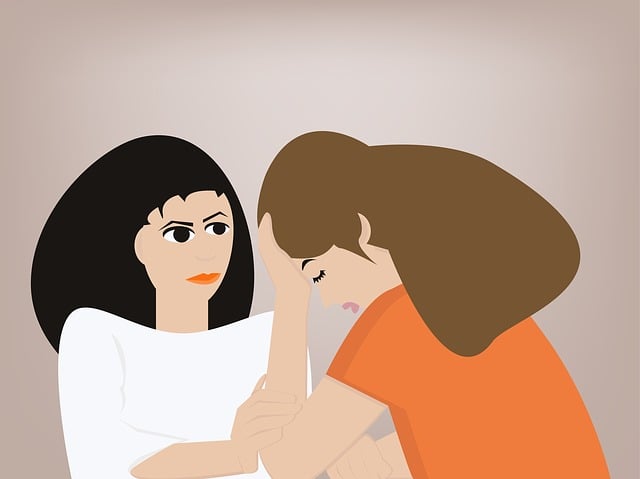Parker Domestic Violence Therapy is transforming healthcare by prioritizing cultural competency in addressing domestic violence issues. Through specialized training, mental health professionals gain skills to navigate diverse cultural backgrounds, offering more equitable care to victims. This tailored approach enhances patient outcomes, fostering emotional healing and empowering survivors with enhanced resilience. Effective training programs like Parker's focus on knowledge transfer and skill development, ensuring professionals are equipped to handle complex situations sensitively and ethically.
“Cultural competency in healthcare is no longer a nice-to-have, but an essential requirement. This article explores the transformative power of such training, particularly highlighting its impact on vulnerable populations. We delve into the benefits of programs like Parker Domestic Violence Therapy, which focuses on building trust and safety within marginalized communities. By examining effective training methodologies, we aim to guide healthcare providers in delivering more inclusive and sensitive care.”
- Understanding Cultural Competency in Healthcare: A Necessary Shift
- The Impact of Parker Domestic Violence Therapy on Building Trust and Safety
- Implementing Effective Training Programs for Healthcare Providers
Understanding Cultural Competency in Healthcare: A Necessary Shift

In the healthcare sector, cultural competency has emerged as a vital aspect that goes beyond treating symptoms; it involves understanding and respecting diverse cultural backgrounds, beliefs, and values. This shift in approach is essential to ensure equitable care for all patients, regardless of their ethnic or social origins. Cultural competence requires healthcare providers to recognize and appreciate the impact of culture on health practices, behaviors, and communication. It fosters an environment where patients feel heard, understood, and respected, promoting better adherence to treatment plans.
This concept is especially pertinent in addressing issues like domestic violence, as highlighted by Parker Domestic Violence Therapy. Effective cultural competency training equips mental health professionals with essential tools for navigating complex interpersonal dynamics, including subtle cultural nuances that might influence a victim’s experience and disclosure of abuse. By integrating communication strategies tailored to diverse populations, healthcare providers can facilitate safer risk assessments and better support emotional healing processes for those affected by domestic violence.
The Impact of Parker Domestic Violence Therapy on Building Trust and Safety

Parker Domestic Violence Therapy has proven to be a game-changer when it comes to fostering trust and safety in healthcare settings, especially among individuals who have experienced trauma. This therapeutic approach recognizes the complex interplay between domestic violence, mental health, and overall well-being. By incorporating specialized training for mental health professionals, the program equips them with crucial skills to navigate this delicate landscape.
The impact lies in its ability to create a safe space for clients, encouraging open communication and trust. Through comprehensive risk assessments, healthcare providers gain insights into the unique challenges faced by survivors of domestic violence. This enables them to implement effective stress reduction methods and anxiety relief techniques tailored to each individual’s needs. As a result, clients can heal and rebuild their lives with enhanced resilience and empowerment.
Implementing Effective Training Programs for Healthcare Providers

Effective training programs for healthcare providers are essential to improving patient care, especially in specialized areas like domestic violence therapy. Organizations such as Parker Domestic Violence Therapy emphasize the need for cultural competency, ensuring therapists understand and respect diverse backgrounds and experiences. These programs should incorporate interactive workshops, role-playing scenarios, and regular updates on best practices and legal guidelines related to mental health policy analysis and advocacy.
By providing ongoing crisis intervention guidance and opportunities for professionals to enhance their confidence, training becomes a dynamic process that equips them to handle complex situations sensitively. The goal is not just knowledge transfer but also skill development, enabling healthcare providers to make positive impacts while maintaining ethical standards.
Cultural competency training is a vital step towards creating inclusive healthcare environments. As demonstrated by Parker Domestic Violence Therapy’s successful impact on building trust and safety, such programs empower healthcare providers to offer sensitive, effective care to diverse patient populations. By implementing well-structured training, we can ensure that all individuals receive respectful, culturally responsive treatment, ultimately improving health outcomes for marginalized communities. This shift in approach is essential for delivering equitable healthcare in a diverse society.













